Photographs: Rediff Archives Parul Banka
I always carry a tie and dress up in a suit," said Professor Mehta, who was a visiting faculty at our college and was CEO of a pharmaceutical organisation in Maharashtra. He added, "When I am at work, I am always conscious that I represent my organisation."
Dressing appropriately and observing professional etiquette are important, he said, and having been a part of the corporate world for many years now, I couldn't agree more.
It may sound stuffy, but certain basic behaviour and etiquette is necessary and expected in a corporate environment.
Here are some tips that might help you maintain a professional image and stay ahead in your career:
About the writer: Parul Banka is a Human Resources and Training professional.
1. Dress appropriately
Imagine walking into a supermarket where the sales people are shabbily dressed. Would you be willing to shop from there if you had the option of going to another store where you can get the required product/service and the staff is better dressed? In all probability, your answer will be no.
Whether we are conscious of it or not, we act as brand ambassadors of our organisations, no matter at what level we are employed.
As HR, I was often called in suddenly to participate in a discussion or deliver a client presentation. Had I not adhered to the dress code, I would have given a wrong impression to the client about the organisation.
Things like excessive tattooing and piercing also send out a not very positive message to clients if the organisation is a conventional one.
2. Use office property sparingly
Even if no one is checking, use office property for personal use sparingly. The phone on your desk is for official purposes and not for chatting with family and friends.
3. Mind your language
It may be cool to use four-letter words with abandon but believe me, it's not the language of the corporate world.
I have worked extensively with people from other countries and I know this kind of language is just not acceptable. In fact it can be considered offensive.
So, keep the colourful stuff for the bar or cafe.
4. Language etiquette
I was on a business trip to a city in India whose language I neither spoke nor understood. I was lunching with a group of 10 people who all chatted away in the local language.
Suddenly one of them asked me, "Hey Parul, do you understand this language?" I said I did not. "OK," he responded and went right back to conversing in the language he knew that I did not understand!
It was rude and inconsiderate.
5. Observe organisational policies
It helps to acquaint yourself with the policies of the organisation you work for so that you don't get into trouble unknowingly.
For example, it helps to know what software you can download and what is not allowed.
Organisations can be very finicky about compliance. Why discover such things the hard way?
6. Respect common areas
It feels great to sit in a break-out zone and enjoy a coffee, but leaving coffee stains on the side table is definitely not a great thing to do.
There is a tendency not to observe basic etiquette in common areas like washrooms, canteen and staircases.
Smoking on the office staircase may be tempting, with no smoking zones everywhere, but try the terrace instead where you are unlikely to asphyxiate everyone else and get in their way.
7. Observe confidentiality
Things are considered confidential when they are meant not to be shared.
I always find it a good idea to share information on a 'need to know' basis and not necessarily a 'nice to know' basis.
8. Watch what you say
Well, this one is simple: Don't say anything about others that you would not like them to say about you.
Word (usually) gets around very fast and as they say, what goes around comes around.

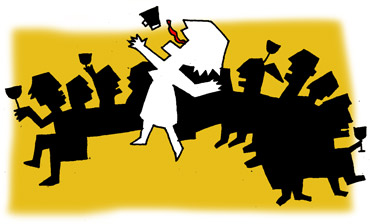

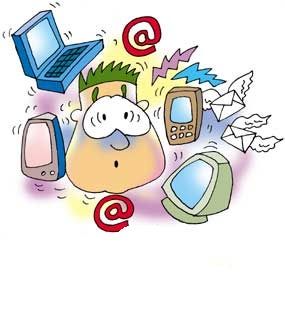
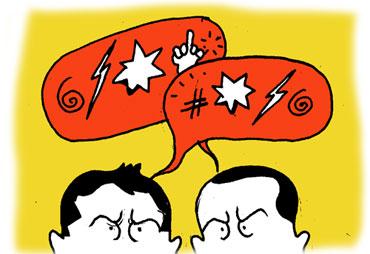


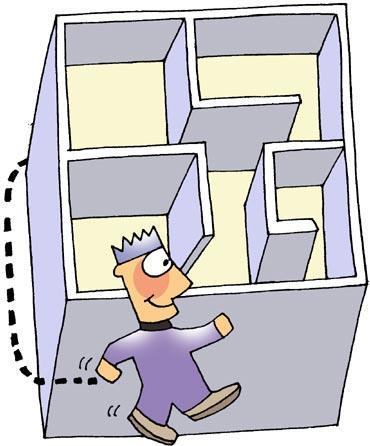

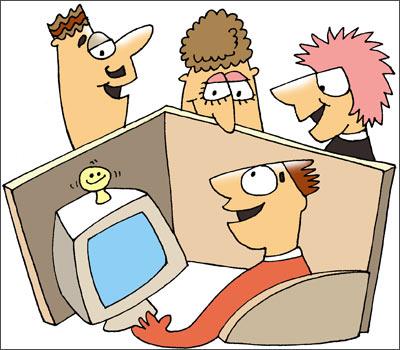
Comment
article